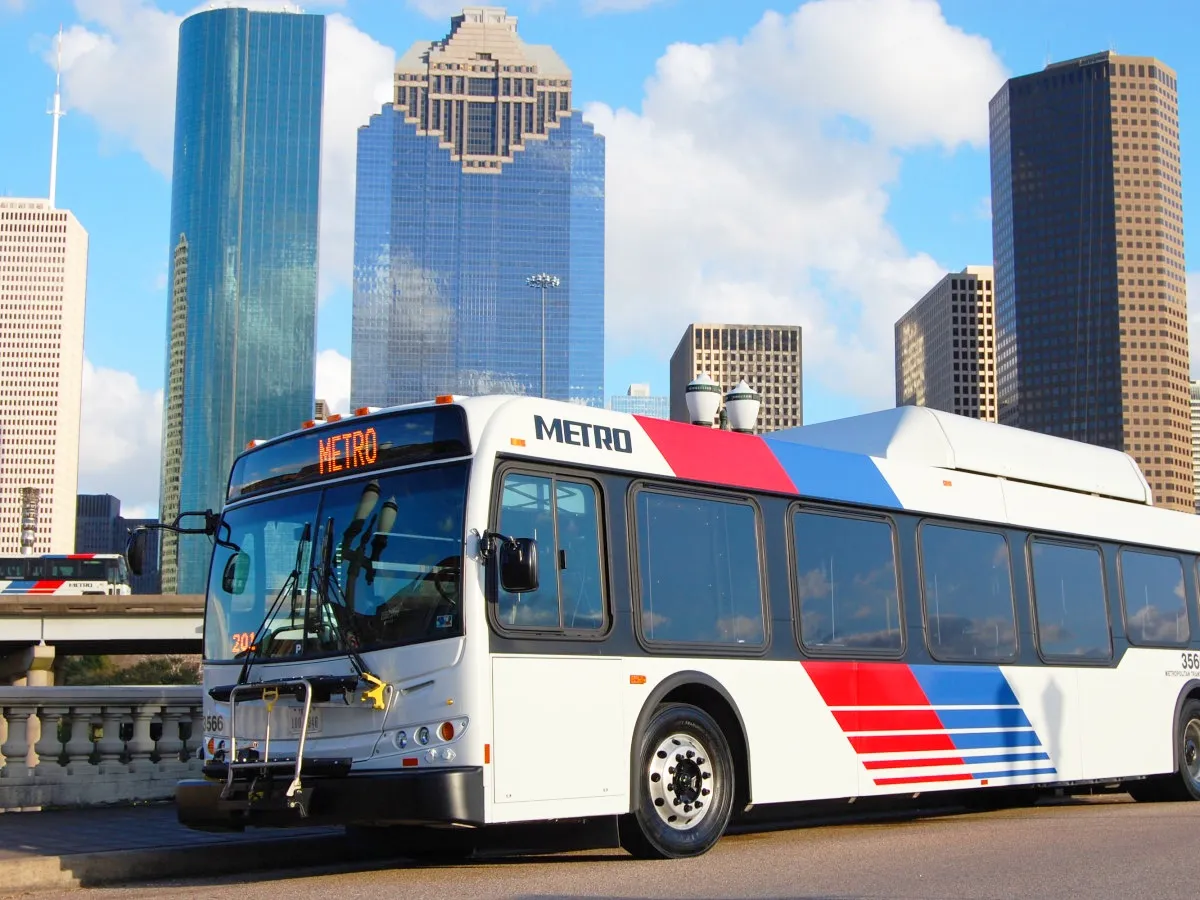The City of Houston has awarded Trafficware Group a contract to upgrade the city’s central traffic management system, a project that also includes converting all 2,500 intersections from older technology to Trafficware’s Patriot V76 traffic control software and upgrading to its transportation management platform, ATMS.now.
The new ATMS.now software platform will allow the City to integrate a number of devices so they no longer have to operate as disparate systems and can react quickly to incidents and c
March 31, 2016
Read time: 2 mins
The City of Houston has awarded 5642 Trafficware Group a contract to upgrade the city’s central traffic management system, a project that also includes converting all 2,500 intersections from older technology to Trafficware’s Patriot V76 traffic control software and upgrading to its transportation management platform, ATMS.now.
The new ATMS.now software platform will allow the City to integrate a number of devices so they no longer have to operate as disparate systems and can react quickly to incidents and changing traffic conditions and communicate these situations to the motoring public. ATMS.now is compatible with CCTV cameras, changeable message signs (CMS), battery backup systems, transit and emergency priority/preemption systems, vehicle detection systems from various manufacturers and much more.
In addition, Trafficware provides more than a dozen system modules, including SynchroGreen adaptive signal control, emergency response, transit signal priority, center-to-center (C2C), that allow the agency to expand the system to meet their future goals and objectives.
The installation team also includes local consultancy firms Gunda Corporation and Taylor Traffic Solutions. Deployment of the system is already under way.
The new ATMS.now software platform will allow the City to integrate a number of devices so they no longer have to operate as disparate systems and can react quickly to incidents and changing traffic conditions and communicate these situations to the motoring public. ATMS.now is compatible with CCTV cameras, changeable message signs (CMS), battery backup systems, transit and emergency priority/preemption systems, vehicle detection systems from various manufacturers and much more.
In addition, Trafficware provides more than a dozen system modules, including SynchroGreen adaptive signal control, emergency response, transit signal priority, center-to-center (C2C), that allow the agency to expand the system to meet their future goals and objectives.
The installation team also includes local consultancy firms Gunda Corporation and Taylor Traffic Solutions. Deployment of the system is already under way.










